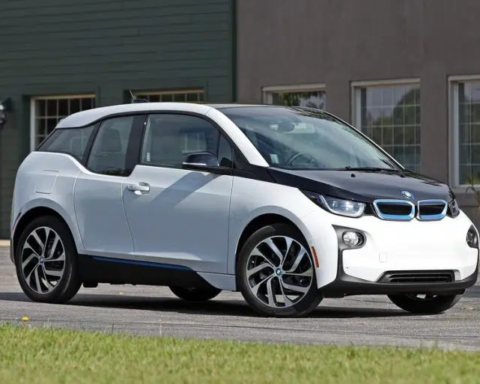Europe has long been a leader in technological and scientific advancements, and 2024–2025 is no exception. From groundbreaking environmental technologies to revolutionary healthcare solutions, the continent continues to push the boundaries of innovation. Here are the top 5 European innovations shaping the future this year.
1. Green Hydrogen Production Technology (Germany)
Innovation Impact: Clean Energy Transformation
Germany has long been a front-runner in green energy initiatives, and its latest breakthrough in green hydrogen production is set to revolutionize the energy sector. In 2024, a consortium of German companies unveiled a new electrolysis process that dramatically lowers the cost of producing hydrogen from renewable sources. This method utilizes advanced solar and wind-powered electrolysis, achieving higher efficiency and scalability than previous technologies. With green hydrogen expected to play a key role in decarbonizing industries like steel and transportation, this innovation has the potential to transform Europe’s energy landscape.
Key Players: Siemens Energy, Fraunhofer Institute, and Linde Engineering.
2. AI-Powered Healthcare Diagnostics (UK)
Innovation Impact: Precision Medicine
The UK is leading the way in AI-powered healthcare diagnostics, with a new system that can analyze medical images and patient data more accurately than ever before. Developed by a collaboration between leading AI research labs and the National Health Service (NHS), this system uses machine learning algorithms to detect early-stage cancers, neurological conditions, and cardiovascular diseases. The AI assistant can sift through vast amounts of data, providing doctors with actionable insights to make faster, more accurate diagnoses. With a successful pilot program already underway in several NHS hospitals, this technology promises to revolutionize patient care by reducing human error and enabling early interventions.
Key Players: Oxford University, DeepMind (Google), NHS Trusts.
3. Space Debris Removal Technology (France)
Innovation Impact: Sustainable Space Exploration
France is pioneering efforts to tackle one of the most pressing challenges of space exploration—space debris. The European Space Agency (ESA) has unveiled a cutting-edge system designed to capture and safely remove defunct satellites and debris orbiting the Earth. This debris removal technology uses a combination of robotic arms, ion propulsion, and a sophisticated AI navigation system to target and deorbit non-functional objects. The mission, which is set to launch in 2025, aims to clear pathways for future space missions and protect critical infrastructure in orbit. This innovation addresses the growing concern about the risks of space debris to both commercial satellites and human space travel.
Key Players: Airbus Defence and Space, CNES (National Centre for Space Studies), ESA.
4. Sustainable Fashion Materials (Italy)
Innovation Impact: Circular Economy in Fashion
Italy, a global leader in fashion, is also at the forefront of sustainable innovation in the industry. A new line of biodegradable fabrics and sustainable dyes, developed by Italian fashion startups, is poised to disrupt the global textile market. These materials are made from plant-based fibers and are fully compostable, offering an eco-friendly alternative to traditional synthetic fabrics that contribute to pollution. With fashion being one of the most resource-intensive industries, this breakthrough represents a significant step toward a circular fashion economy, where waste is minimized, and products are designed for reuse. The sustainable fabric innovations have already been adopted by major Italian designers and are set to expand globally.
Key Players: Orange Fiber, Sustainable Apparel Coalition, National Institute of Fashion Technology (NIFT).
5. Quantum Computing Advancements (Netherlands)
Innovation Impact: Transforming Computing Power
In 2024, the Netherlands made major strides in the field of quantum computing, with researchers at the University of Amsterdam and QuTech achieving a significant milestone: a quantum processor capable of solving problems exponentially faster than conventional computers. The quantum system uses qubits to solve complex simulations that would otherwise take classical supercomputers decades to complete. This innovation has broad applications, from drug discovery and material science to AI and cryptography. The Netherlands is positioning itself as a leader in quantum technology, with the European Union supporting large-scale quantum initiatives through its Quantum Flagship program.
Key Players: University of Amsterdam, QuTech, European Quantum Technologies Initiative.
Looking Forward:
Europe’s technological landscape in 2024–2025 is one of collaboration, sustainability, and precision. From pioneering clean energy solutions and quantum breakthroughs to transforming healthcare and space exploration, these innovations are not only defining the future of Europe but also setting the stage for a global transformation. As Europe continues to invest in cutting-edge research and development, these five innovations will undoubtedly be at the forefront of shaping a more sustainable, connected, and technologically advanced world.
























